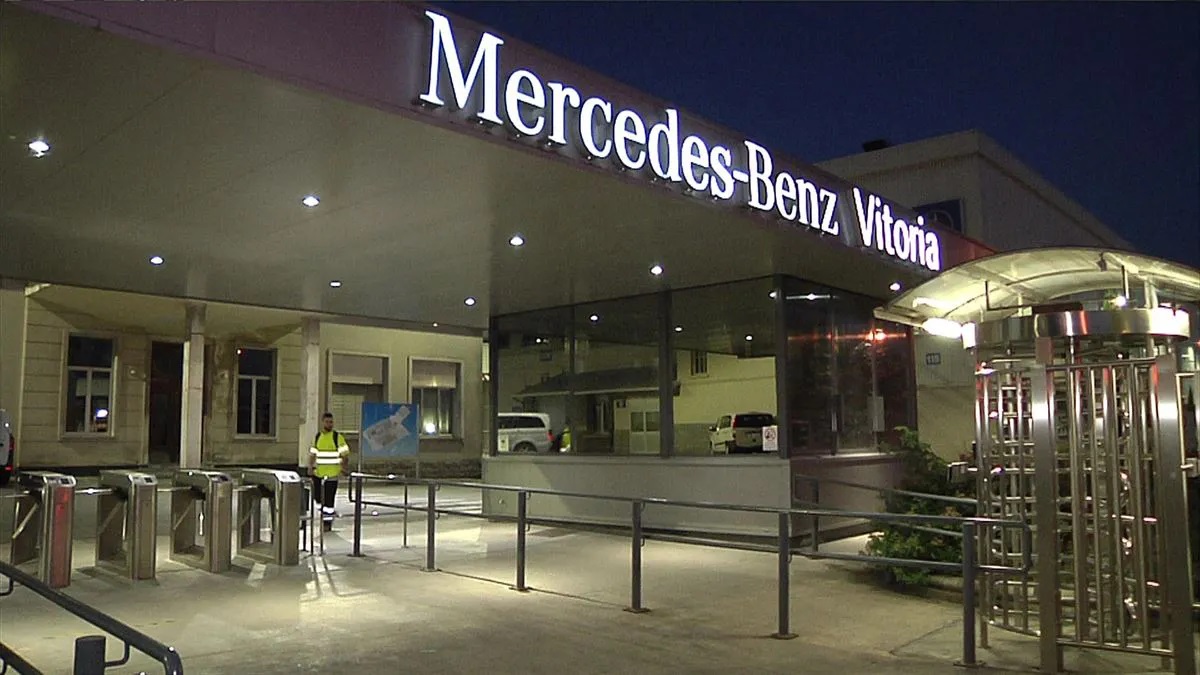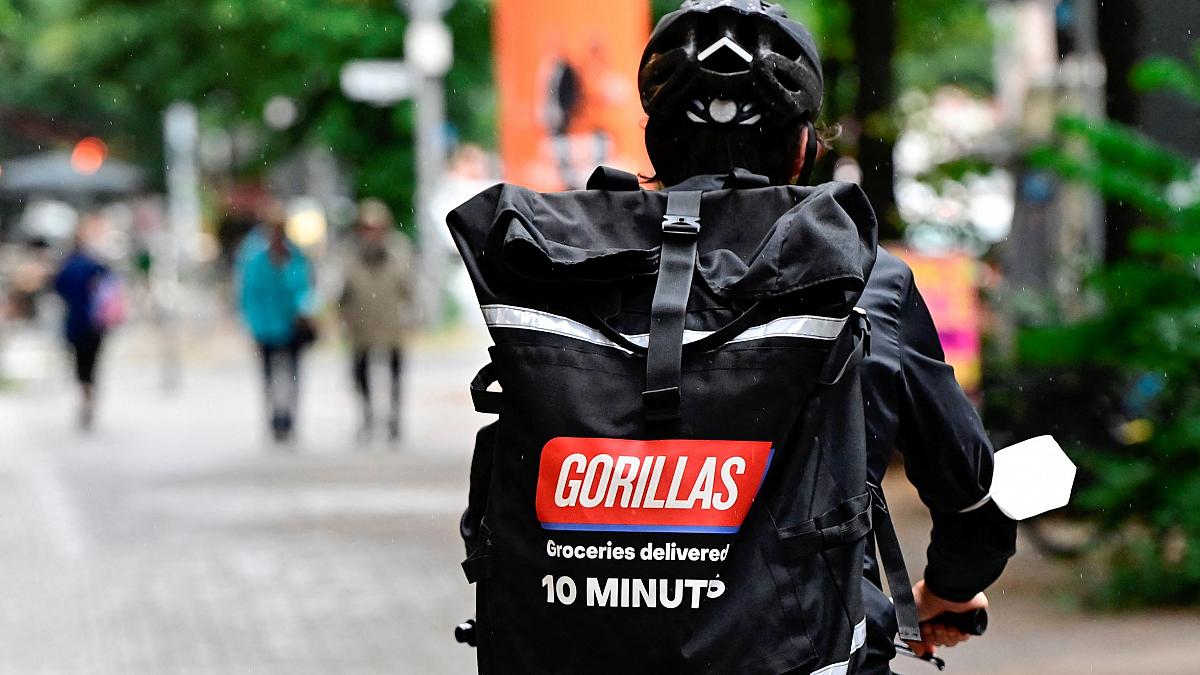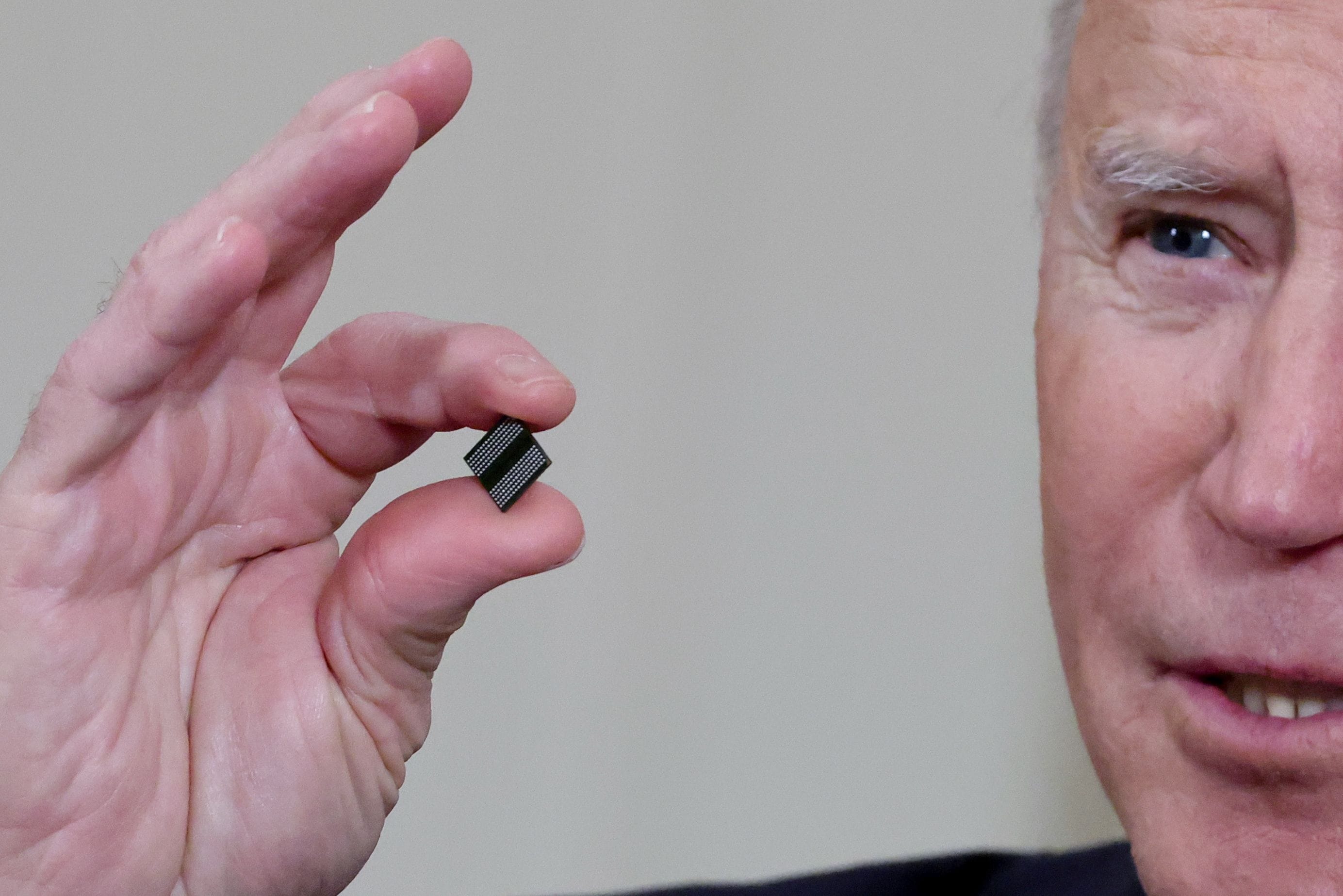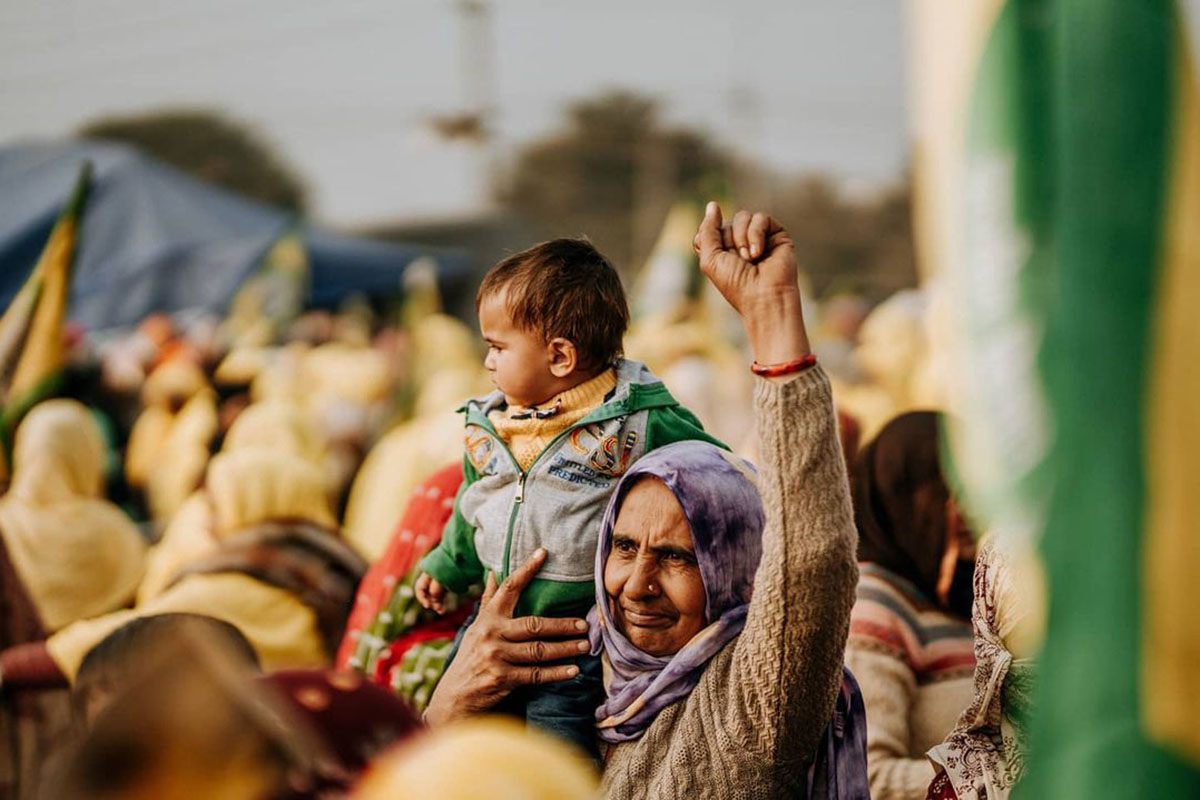Here comes the ‘Tren Maya’, which is a great clash between the Mexican government and popular movements.
- As General Lázaro Cardenas has marked as a milestone the agrarian reform, the nationalization of oil and the railway network between 1934 and 1940, Andrés Manuel López Obrador has decided to leave three monuments fortified in the history of Mexico, including the famous Maya Train. López Obrador, who presented himself as a great hope for the left of Latin America, is ready to do everything to bring the new railway to the end.
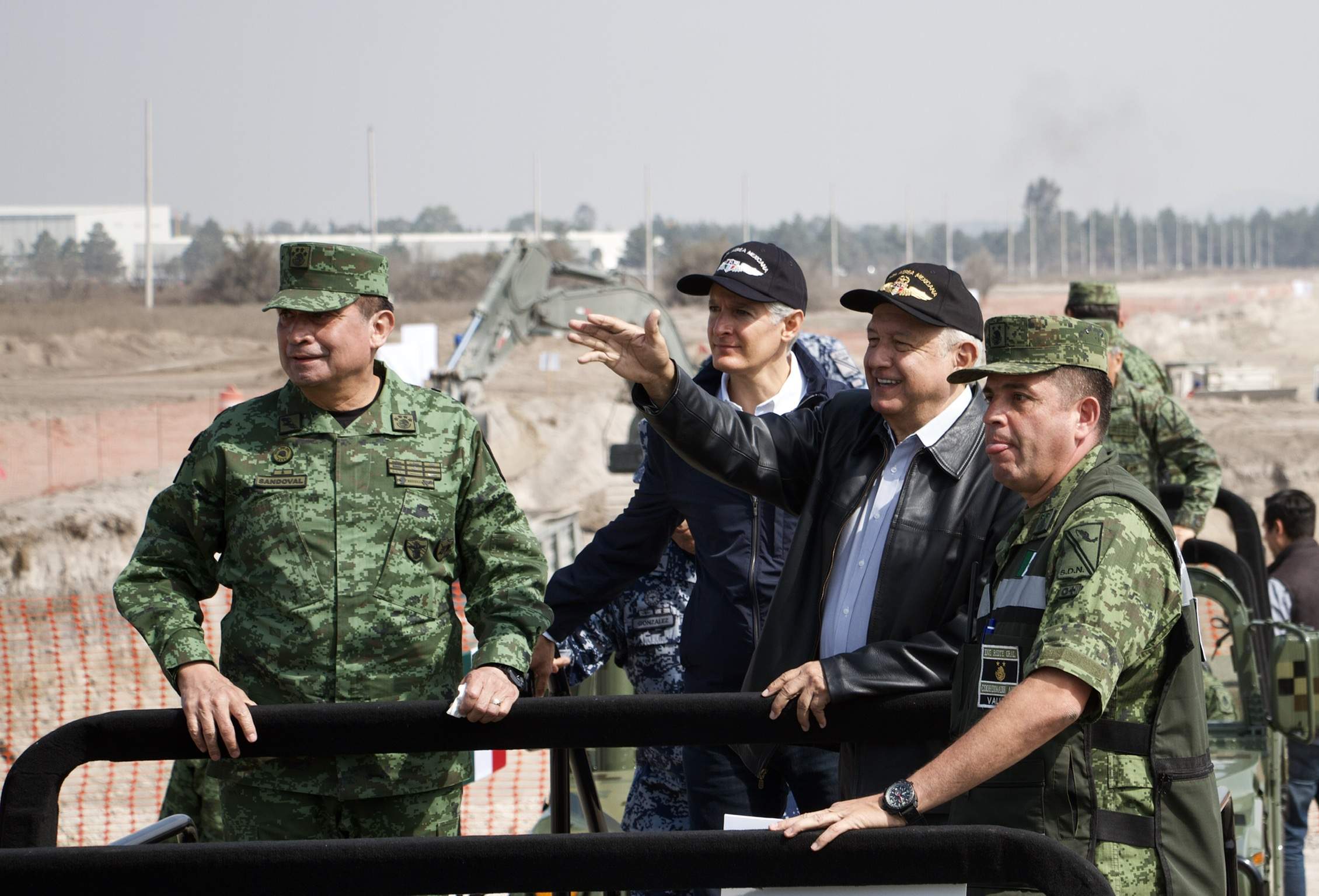
Andrés Manuel López Obrador, known to everyone as AMLO, wants to carry out three major projects for history to remember. One, the new airport that will improve the air connections between the Mexican capital and the world in the town of Zumpan, in which Enrique Peña Nieto tried to do it in Texco, and which had to be canceled by corruption and the environment, the AMLO would round it up. Two, in order to achieve energy independence, a new oil refinery will be built in the state of Tabasco and the six largest that are already under way will be restored. 80% of the fuel used today by Mexicans is imported.
The Maya Train is the third star project of the AMLO, probably the one that provokes the most revolts in 2022: New 1,523 kilometer railway crossing the states of Tabasco, Chiapas, Campeche, Yucatán and Quintana Roo. Passengers, cargo and tourists must transport the trains they plan to open in 2024. It would have cost in principle 150,000 million pesos (EUR 6,387 million), but already in October the calculation had risen to EUR 200,000 million (EUR 8,518 million). The numbers will swell up until 2024, on a good road. The State will finance in its entirety, eliminating for once the model of public-private participation.
Since its
inception, the Tren Maya project has been criticized by many personalities and institutions for the significant environmental and cultural damage they will cause to its inhabitants. Faced with the force of the allegations, AMLO launched a participatory process in 2019. Consultation was channelled not in vain by the National Tourism Development Fund (Fonatur), which promotes comprehensive rail planning. With the Mayan people speaking Celtal, Tsztzil and Chol there were 30 meetings over 112 municipalities… and then the train.
The Zapatista National Liberation Army, EZLN, has announced from the outset its total opposition to the new route. In January 2020, at the celebration of the 26th anniversary of the Zapatista rebellion, Subcomandante Moises stated that the popular consultation organized by the lehendakari López Obrador, “the foreman who now commands in the Mexican treasury”, was a mere theater, with the placement of people guessed in the simulation by indigenous people, “Consulting the Earth of authorization to rape as a value”. Moses warned that the members of the EZLN will also bring their lives to stop the new oppression of the land and of the citizens.
AMLO responded with sweetness to the Zapatistas, that the EZLN has not analyzed all the information about the Maya Train and that it does not harm the indigenous people, but that it will bring great benefits: “They don’t expect our rivals, like those on the left, to be on the right, to be authoritarian. We are pacifists.” But within a few days, I was going to make that pacifist message come true.
I SAY TAPIA, You SAY AMLO
In November AMLO declared by a new law the major infrastructure works as “national security”: in case of development projects declared priority or strategic by the central government, any other administration will have a period of five days to make any claim before its implementation in its scope. After five days, the project shall be granted full provisional authorisation for a period of 12 months and thereafter definitive.
Any infrastructure affecting communications and telecommunications, constraints, water management, the environment, tourism, health, railways, energy, airports can be included in the section of national interests... In Mexico, neither an autonomous government of the region nor a city council can make a fundamental objection to any infrastructure that the government wishes to dismantle in its sphere. Something similar, if anything, to the legal modification made by Iñigo Urkullu and Arantxa Tapia in the Autonomous Community of the Basque Country this autumn.
Arming giant works legally is one of the two lines of the AMLO strategy. The other is darker and it's called counterinsurgency. The Government has been working on this for some time. According to Process magazine, Fonatur, the promoter of the Maya Train, has worked on the “strategic intelligence” about the enemies of the project to guarantee the safety of the construction works of the railway. It considers as risk groups the criminal groups that work in drug and human trafficking, as well as the CNI National Indigenous Congress, a meeting point of many popular movements of EZLN and Mexico. Researchers have monitored local media, social leaders and movements, trade unions, baserritarras associations, etc.
But the Mexican counter-emergence goes far beyond the analysis, as Raúl Zibechi explained in his text “War on Wear and Tear against the Zapatista Communities”. On his journey with a solidarity group, Zibechi has listened again and again to the inhabitants of the communities of Chiapas: “We are fenced in our land.” In many farms and areas recovered by the Zapatistas during the 1994 revolt live fenced in recent years, under the attack of small landowners sent by the authorities there and large coffee producers, with the support of the new military bases that the federal government has installed in its surroundings. Armed attacking scientists burning homes and destroying crops, Zapatista communities breaking down structures to market their products, night shoots made with large-calibre rifles, citizen kidnappings, beatings, threats...
“These are new counter-insurances,” says Zibechi, that impede the consolidation and territorial expansion of the EZLN. Due to the expansion of the Zapatistas, they are now in 43 resistance zones. Armed men attacked by ORCAO coffee makers are politicized people who know the Zapatista movement well. (…) Its modus operandi consists of the fencing of homes, clinics and schools of Zapatista families and communities to prevent it from continuing to occur. Thus, they have formed an integral war of erosion that seeks to break with the economy, education, health and autonomous organizations.” Bad appearance. Something hard can happen in 2022 in Chiapas.
2021etik 2025era isuriak %15ean murriztu behar zituen industriak. Ursula Von Der Leyenek automobilgintzaren sektorearen eskutik ekintza plan bat aurkeztuko du martxoaren 5ean. Oraindik erabakia hartua ez badago ere, Europar Batasunak sektorearen eskaerak onartuko dituela diote... [+]
The devastating characteristics of today ' s global world, wars, ecological and social injustices herald an apocalyptic representation of the future anywhere on the planet. Echoes of the nuclear threat further dispel the concern of fear and concern, while politicians... [+]
The effective tax rate that Amazon paid in the last decade was 13 percent. By 2020, the 55 largest companies in the United States did not pay taxes. The effective rate on the profit of companies that in the Spanish state invoiced more than one billion euros was 4.57% in 2019... [+]











